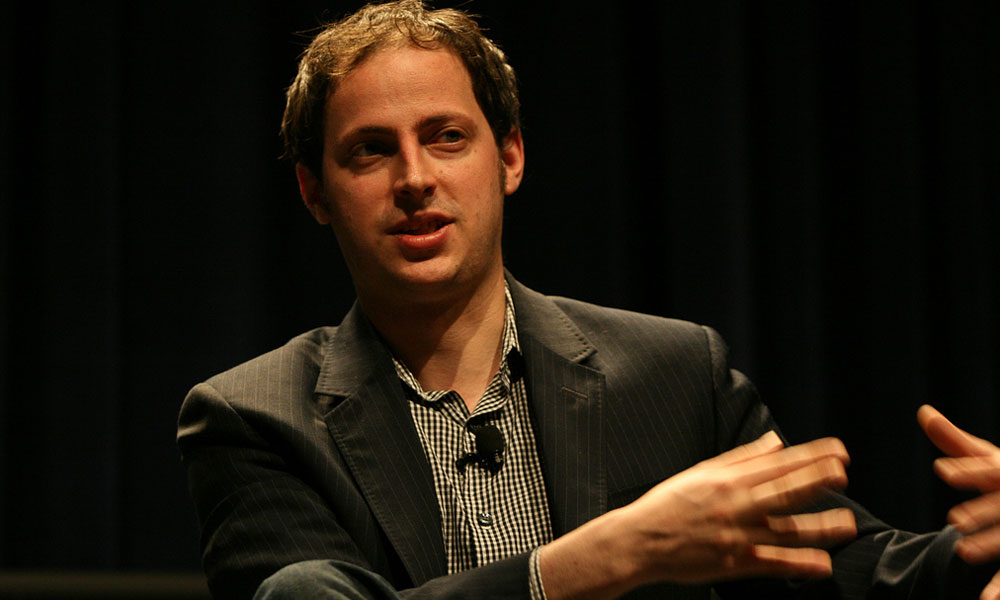
Lunchtime Links: Nate Silver’s Big Victory for Big Data
Nate Silver's spot-on prediction of the results of the presidential election gives validation to data-focused groups. Also: Why support for a leader shouldn't supplant your own values.
Yesterday’s election had many ups and downs, and no matter if your candidate won, it was certainly interesting to watch things unfold.
But the real winner last night might have been high-profile statistician Nate Silver, and by extension big data in general. That and more in today’s Lunchtime Links:
Nate’s data justified: In recent weeks, Silver, founder of The New York Times’ FiveThirtyEight blog, took a lot of heat from pundits over his predictions, with many believing that his statistical models would be off. But last night, Silver’s models correctly predicted how every state would vote, a victory based in shrewd data analysis, not guessing. That achievement shouldn’t be missed by organizations skeptical about using data to boost their own fortunes. (Also, speaking of data: Silver drew a massive chunk of The New York Times’ traffic last night.)
Don’t focus too much on the president: Rosetta Thurman says that while it’s OK to support leaders like President Obama, that doesn’t mean you should put all your eggs in one basket, waiting for them to solve your problems. “It’s dangerous for anyone to allow one political party or leader to act as a proxy for their values,” she writes. “There’s no way you will agree with all decisions that are made by the Democrats or the president or any other person in office. Like I said, I’m not on Team Romney but I’m certainly not 100 percent all in for Obama either. It’s healthy to be both supportive and skeptical. Committed, yet critical.” She recommends, instead, focusing on your own values as a leader.
Child privacy headaches: As we noted last month, the Children’s Online Privacy Protection Act (COPPA) is up for a series of regulatory updates, which industry groups are fighting. The New York Times has a good roundup of the conflicts the proposed changes are causing. Some groups, such as the Association for Competitive Technology, warn that the changes could negatively affect the focus the industry places on younger internet users. “Children under 13 aren’t enough of a market, aren’t worthwhile to spend the money on compliance and tolerate the risk of getting it wrong,” the group’s executive director, Morgan Reed, told the paper. Child advocacy groups, however, support full enactment of the changes.
How did you spend your election night? Let us know in the comments.
(photo by Randy Stewart/Flickr)






Comments